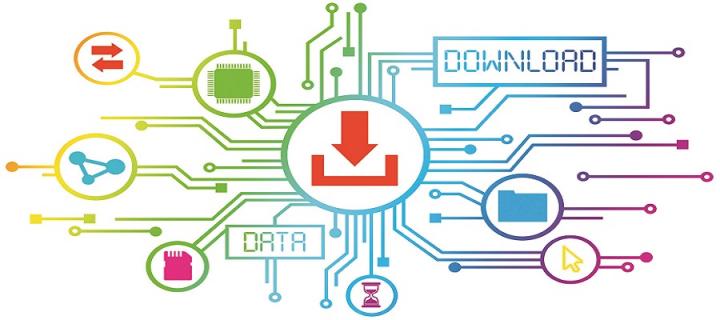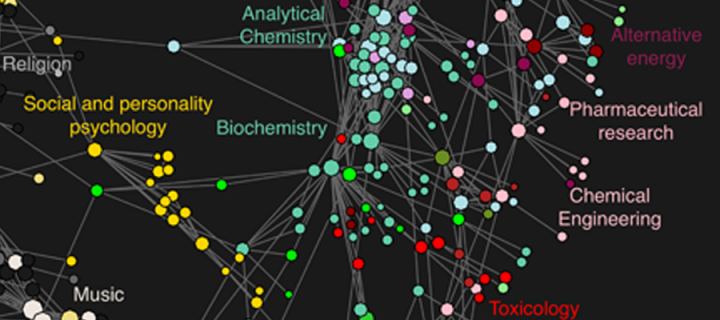Open Research Services
Find out more about the services and resources provided by the Library Open Research team and Open Research practices. Explore key services with respect to data management, open-access publication, and participatory research, along with useful tools to support Open Research in practice.
-
The Library Open Research Service is acts as a central hub for Open Research initiatives at the University. Working alongside grassroots networks (such as ReproducibiliTea), library services (such as the Scholarly Communications and Research Data Service teams), and other institutional services and resources (such as the Institute for Academic Development) we are committed to working towards the 'pillars' of Open Research:
- Culture Change
- Future of Scholarly Publishing
- FAIR Data
- EOSC
- Education & Skills
- Recognition & Rewards
- Next-generation Metrics
- Research Integrity
- Citizen Science & Participatory Research
Open Research Conference 2024
The Call for Contributions for the Edinburgh Open Research Conference has now closed. Thank you to everyone who submitted a proposal, we had a large number of very high quality proposals this year.
This year, we are coming together to ask the question:
"How can Open Research contribute to positive Culture Change in Research more broadly?"
We will publish the programme and other information for those wishing to attend the conference as soon as we can.
Find out more about the Conference
Download slides and view recordings
Open Research Newsletter
The Edinburgh Open Research Newsletter is a bi-monthly newsletter containing news, opinion pieces, events, and more from the Open Research Team. If you have anything you would like to have included in a future issue please email the editor Kerry Miller (kerry.miller@ed.ac.uk)
Key Services & Resources
Research Data Service

Making Your Research Open Access

Research Information Management

Edinburgh Diamond

Library participatory research and citizen science support

The Institute for Academic Development Open Research Hub

Edinburgh ReproducibiliTea and Open Research Initiative

Additional Resources
There are numerous additional internal and external resources to support you on your Open Research journey. We are frequently reviewing the services on offer at the University that promote OpenAccess work, and welcome suggestions for new tools that may be of use to researchers at the University.
Open Science Framework (OSF) is an open source project management tool that supports researchers throughout their entire project lifecycle.
As a collaboration tool, OSF helps research teams work on projects privately or make the entire project publicly accessible for broad dissemination. As a workflow system, OSF enables connections to the many products researchers already use, streamlining their process and increasing efficiency.
The University of Edinburgh-hosted RSpace is an electronic lab notebook that enables researchers to do the following:
- capture and organize data
- use as collaboration software for groups to organise and share data
- use as a management tool for principal investigators to observe and manage lab workflows
- use as a platform for institutions to capture, publish and archive data
- use the new sample inventory feature
Create and share computational notebooks hassle-free for teaching and learning through your VLE. Use any language and environment through a centralised hub. Built from the powerful Jupyter project, Noteable.
The University has a subscription to the protocols.io service and it is available to all staff and students of the University. Users can:
- Create new protocols within the system
- Upload existing methods and digitise them
- Share protocols between group members and external collaborators
- Publish protocol(s) making them freely available for others to use and cite or keep them private
The Software Sustainability Institute cultivates better, more sustainable, research software to enable world-class research. We help people build better software, and we work with researchers, developers, funders and infrastructure providers to identify key issues and best practice in scientific software.
The Open Content LibGuide tells you everything you need to know about Open Access and Open Educational Resources.
Stay in Touch
Our monthly newsletter summarises current work the Library Open Research team is doing, introduces you to our wonderful colleagues along with important resources for conducting Open Research, and will keep you up to date with the latest Open Research events and activities taking place at the University and beyond.
Sign up to the Open Research Newsletter for news and updates [External Site]

